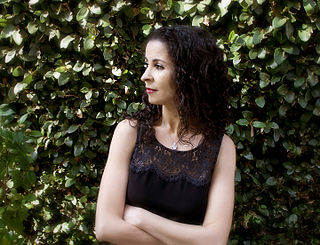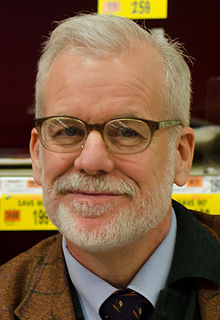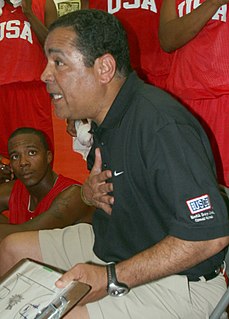A Quote by Laila Lalami
Thing that was very different for me is that an American child's reading is filled with Americans.
Related Quotes
When I was a child, I was reading books filled with people different from me, all French, all foreigners. There was a sense of disconnect between my sense of imagination and the world around me, which I don't think is common for Americans. It forces you to learn to look at the world through other people's eyes.
It may be the optimist in me, but I think America has a uniquely powerful and capacious glue internally. The American identity has always been ethnically and religiously neutral, so within one generation you have Italian-Americans, Irish-Americans, Chinese-Americans, Jamaican-Americans - they feel American. It's a huge success story.
While I was writing the book, one of my children was diagnosed with dyslexia. Dyslexia is a very tiny word for a wide-ranging neurological condition that affects different people in different ways. But I was reading an awful lot about it, to try and find ways of helping my child. I think a lot of fiction comes from this desire to confront unanswerable questions, and it's heartbreaking to see your child, a bright child, struggling so much with something that others are finding so easy. It's such an assault to the child's self-esteem and, as a mother, it's hard to watch.
You see the one thing I've always maintained is that I'm an American Indian. I'm not a Native American. I'm not politically correct. Everyone who's born in the Western Hemisphere is a Native American. We are all Native Americans. And if you notice, I put American before my ethnicity. I'm not a hyphenated African-American or Irish-American or Jewish-American or Mexican-American.
In North America, what happens often is that they put race before nationhood. Everyone here is Hispanic-American, Chinese-American, African-American. But really, we're just North Americans of all these different descents. The only time I notice North Americans becoming national is when a war happens or a crisis happens.
I've been exploring a lot of different avenues with a number of very different and very, very exciting filmmakers and writers. That's been the trip. I like to find something very, very different from the last thing I did, which might be similar to something I've done before, but as long as it's different from the last thing I did, it keeps me entertained.
The main reason I decided to study Latin American literature was because I'd gotten somewhat bored by the American fiction I was reading. I am not drawn to a specific style or aesthetic. When I think about literature, I think about it in the three languages I read easily - English, Spanish, and Portuguese. The authors I prefer are all very different and are not limited to certain genres or even certain time periods. Reading across three languages is a way for me to diversify my intake as a reader, not to tunnel into certain categories or demographics.
As a child, I used to feel much more American than Iranian. Like everyone else at school, I pledged allegiance to the flag. However, after returning to Iran, sadly, I learned about a very different America, an America that most Americans have no idea exists. For the first couple of years this was hard to accept, and it was really painful in some ways.






































